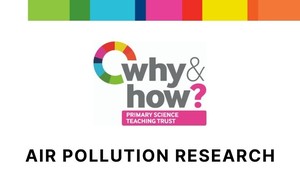
World Meteorological Day
Taking place on 23rd March every year.
Celebrating the creation of the World Meteorological Organization on 23 March 1950.
Why this topic matters
Each year, on 23 March, the World Meteorological Organisation (WMO), its membership of 193 States and Territories, and the worldwide meteorological community, celebrate World Meteorological Day. This day celebrates the date that the WMO was created in 1950. It is a day to understand the vital role meteorologists play and the benefits to international cooperation.
With its origins in the International Meteorological Organisation (IMO) founded in 1873, meteorologists have been cooperating internationally for over 150 years. The WMO is the body primarily responsible for the UN’s scientific response to climate change, the IPCC reports. It also monitors the earth’s climate system 24/7 with its massive network of scientists and forecasters it helps to warn against extreme weather events.
How to approach it
Meteorology tends to go under the radar as an important science despite it having such an impact on our lives. This day is about helping students understand the ways in which meteorologists help society whilst introducing the science behind how they work. Ask students to think about how scientists that monitor and predict the weather might be useful. A good place to start is obviously doing the weather report, but there's much more than this. Meteorologists are essential for the shipping and aviation industry and their long term forecasts allow farmers to produce food. Importantly, they show us how the climate is changing and how we can fix it. Check out some of our climate change resources below for great introductions to the science and impact of meteorology.
Additionally, this is a great opportunity to marvel at what we can achieve through human cooperation. Despite divisions in other parts of society the scientific and meteorological community have consistently worked together for the benefit of all. It is thanks to them that there is a unified scientific response to climate change and a mass global network of weather monitoring. Ask students to imagine what could be achieved if we collaborated in the same way across other political and economic sectors.
Conversation starter
Do you sometimes wish you could predict the weather? Well that's a meteorologist's job - to tell us when they think big storms are coming or when it'll be a nice sunny day. We need these clever people to tell us how our climate is changing and what we can do to keep our planet from warming up too much. Why do you think some people don't want to listen to the meteorologists when they warn us about climate change?




